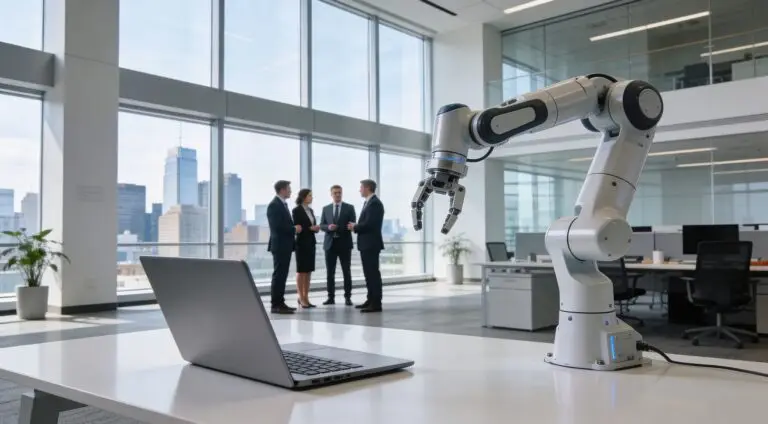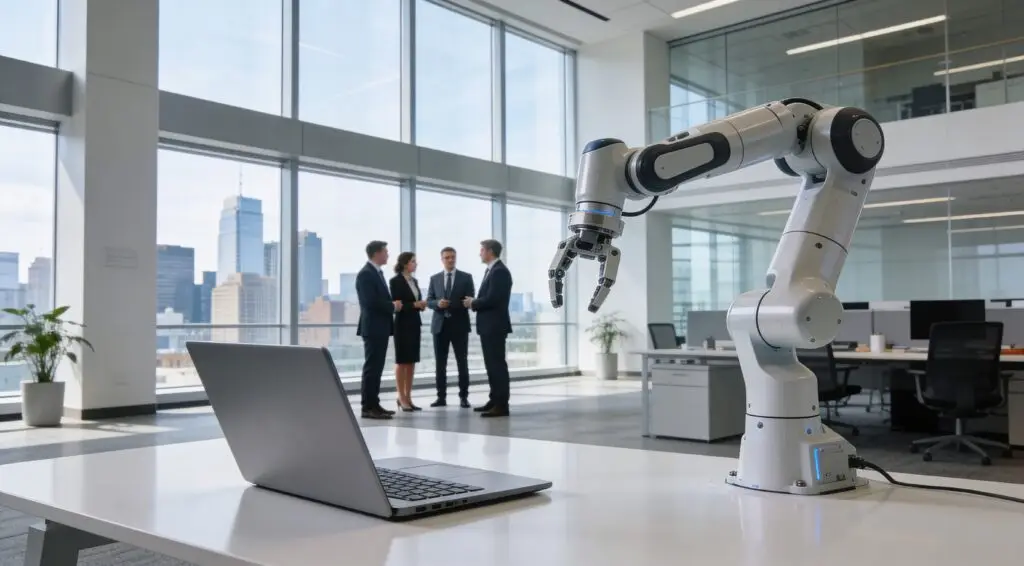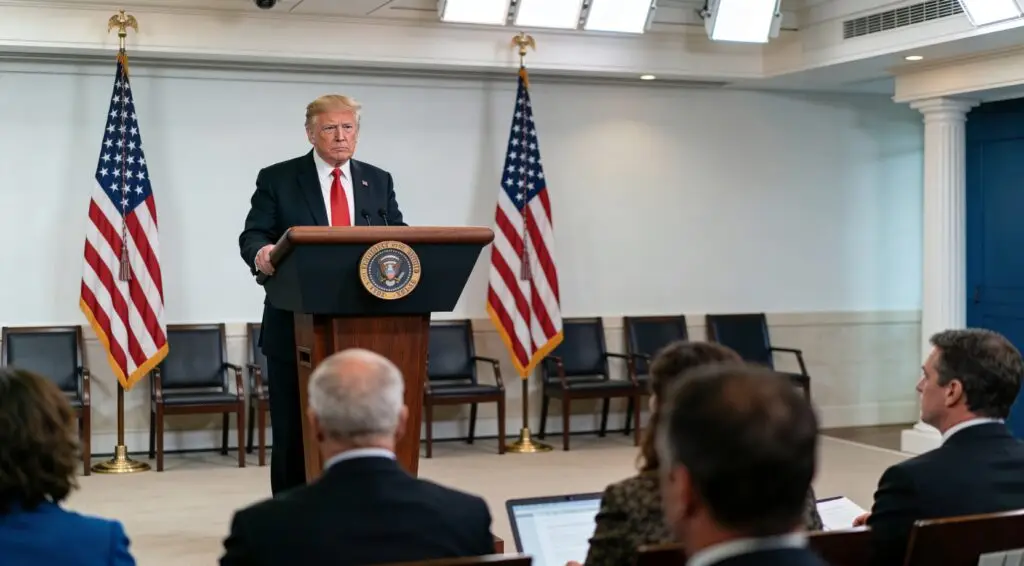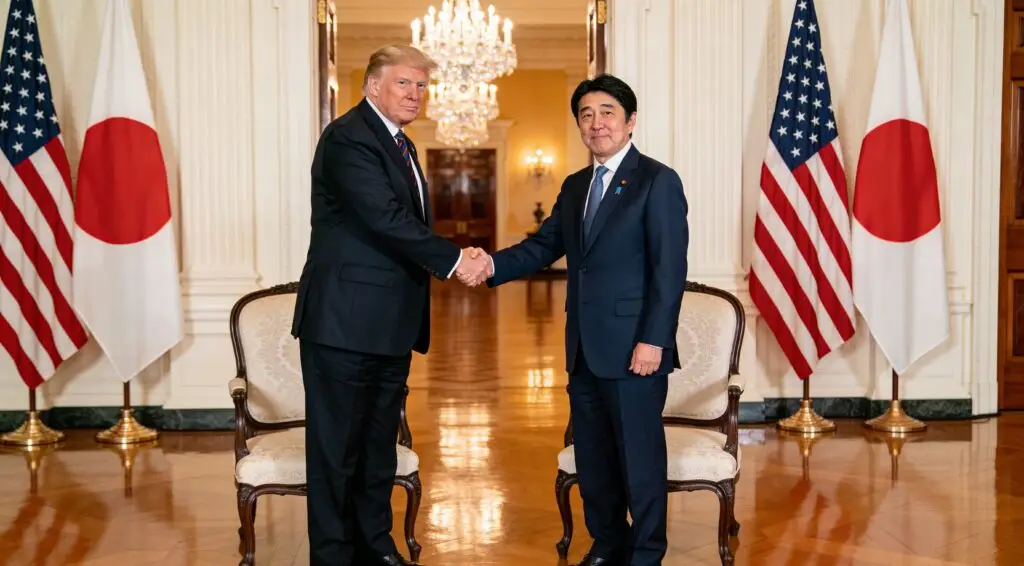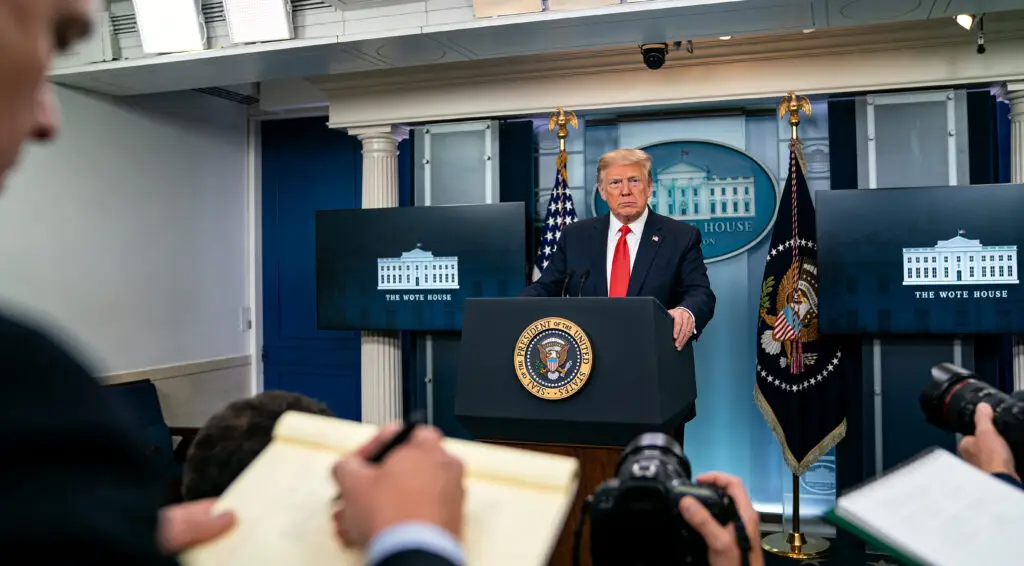Microsoft, with their 2025 Work Trend Index Report, underscores the impact of an unfolding technological advancement on global workplaces. The annual research report on the state of work marks the fast rise of ‘intelligence on tap’ and the ‘Frontier Firms’—firms that are not only incorporating AI but are adopting a full systematic overhaul of the rest of business strategy, operations, and personnel to maximally capitalize on its value. It also focuses on a poignant inflection point for businesses in the Philippines, where they are about to lead the wave of the AI revolution.
In the words of Peter Maquera, “AI is not merely a tool but a co-pilot, with the Frontier Firm signifying how we think about work. Filipino organizations are at the cusp of a major change.” Maquera’s claims were made in the podcast from Microsoft Launch.
If something needs to be adapted as of now, then it is the productivity paradigm.
This calamitous productivity gap is particularly relevant in the context of the Philippines. Based on the report, 86% of Filipino business leaders think of 2025 as a major inflection year when they will have to rethink their approach. This thinking aligns very closely with the global rate of 82%. Moreover, pinpointing where the productivity pressure has intensified the most gaps in expectation and reality.
Having around 53% of employees reporting an utter lack of the time and drive required to deliver optimal results puts nearly 46% of Filipino leaders crying out for productivity enhancement into a daggers-drawn scenario. Technologies like AI should be relied upon to ease this gap, because a gap this big surely indicates that the current way of working is no longer viable.
Filipino Leaders Embrace AI: A Scalable Transformation
Trust in the AI capabilities among Filipino business leaders is significantly optimistic. An overwhelming 89% are confident that their organizations will deploy AI “agents” as fully functional digital teammates in the next 12 to 18 months. This optimism is driving new workforce models, including 42% of leaders focusing on expanding team size through digital labor, which is only secondary to upskilling at 44%. Interestingly, a third of local leaders (33%) are also contemplating a reduction in headcount.
This suggests that the perception of AI no longer sitting idly as a tool to enhance existing workflows has dramatically shifted towards viewing it as a force capable of changing workforce composition. To enable this shift, approximately 80% of the Philippines leaders intend to hire in the next year to fill roles concentrated on these technologies.
As the workplace evolves, the integration of AI is gaining prevalence in the Philippines, transforming human organizations into human-agent workplaces, otherwise known as collaborative teams. Philippine organizations are also increasingly accepting the technology, as 44% of employees express a clear preference for AI over humans as coworkers due to unceasing accessibility.
Maquera foresees a complete reconfiguration of organizational hierarchies, noting that AI is changing the facial appearance of teams at every level, from the front line to the boardroom. With the emergence of human-agent collaboration, there is a powerful need to rethink conventional positions. Moreover, there should be a deliberate investment in the right technologies, holistic training programs, and a strong culture of trust to enable each person to succeed within the new, AI-centric paradigm.
The Rise of a New Breed of Leader: Agent Boss and the Highly Intelligent Workforce
With a distinct change comes a new type of leader, the agent boss. Within the next five years, leaders in the Philippines expect their teams to be primarily responsible for restructuring critical business functions using AI (46%), developing sophisticated multi-agent systems to automate complex activities (54%), training AI agents (48%), and managing these digital assistants (41%).
He believes that the Filipino workforce is resilient and resourceful. “Providing technology fluency in AI and digital tools is not just a matter of gaining a competitive edge, but in today’s climate is fundamental to fostering innovation and inclusive development throughout the nation,” he noted.
In preparation for this future shaped by AI, Microsoft is expanding its offerings with Copilot Wave 2 by adding new reasoning agents, enhanced search, and dynamic creativity features to make AI more intuitive and impactful at every level of an organization.
In the Philippines, the AI arms race promises to place organizations on the front line of a new world of work where artificial intelligence evolves from being a mechanical tool to an intelligent partner in strategic decision-making, operational optimization, and augmenting human capabilities. As more firms transform into what Chui describes as ‘Frontier Firms,’ those that proactively invest in full AI preparedness will emerge as the benchmark for rethinking performance in the intelligence-based workplace.



